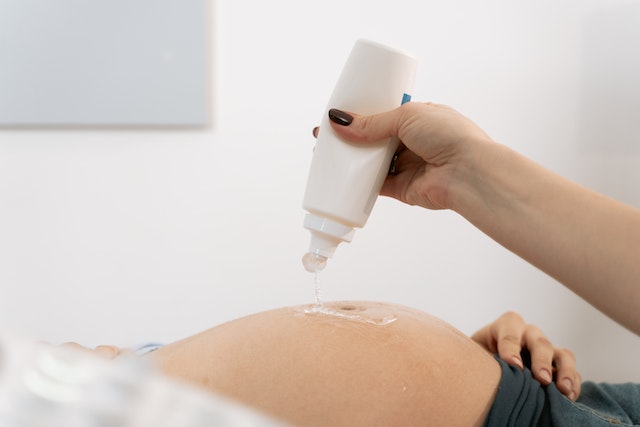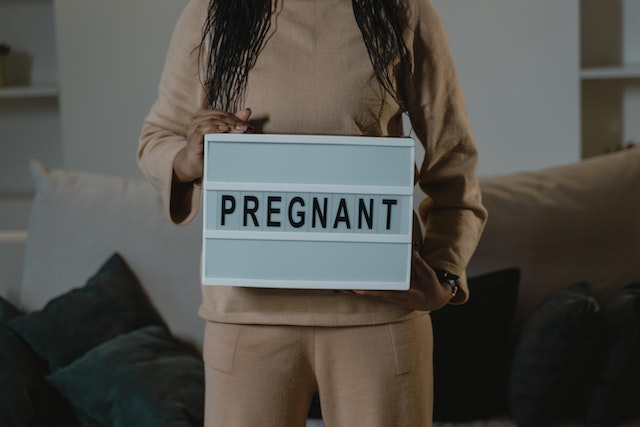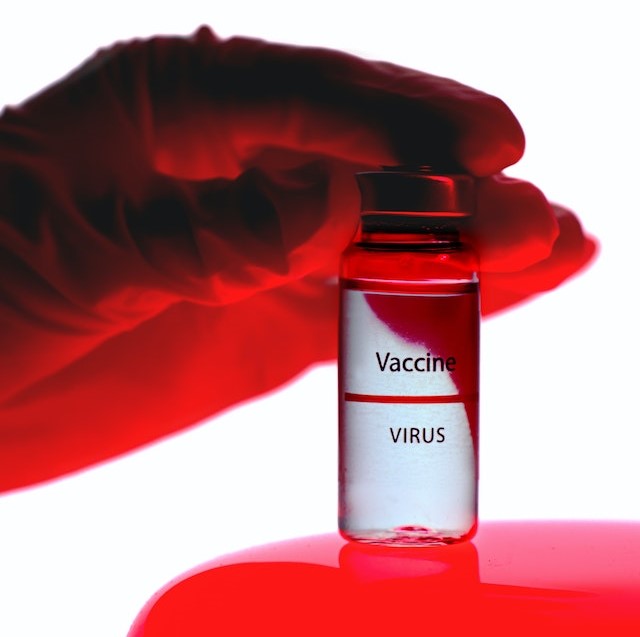Many pregnant women get scared when they have genital warts. So, genital warts treatment in pregnancy is very helpful and important.
Genital warts are caused by a virus called Human papillomavirus (HPV), which is a sexually transmitted disease. HPV has many strains. However, not all of them can cause genital warts.
Some strains of HPV don't cause genital warts but cause cancer, especially cervical cancer in women.

Questions come to the mind of pregnant women if they have genital warts
Pregnancy is a difficult and stressful time for women. If a pregnant woman has a genital wart, plenty of questions regarding genital warts treatment in pregnancy come to her mind.
Pregnant women ask if it is safe for the baby while they have genital warts. Moreover, they want to know everything about genital warts treatment in pregnancy.
Does having genital warts affect pregnancy
If a pregnant woman has a previous history of HPV infection in the past or has it now, she should inform her healthcare provider.
Normally HPV does not affect the mother or the unborn child. But, a healthcare doctor has to check for any abnormalities in genital warts during pregnancy as occasionally some warts may develop unusual growth or other changes.
Possible complications of genital warts during pregnancy
Genital warts treatment in pregnancy has become necessary, especially for pregnant women whose genital warts are active and grow larger than they typically would.
If genital warts grow larger, this can cause some possible complications like:
- Painful urination.
- Bleeding during delivery.
- Vaginal warts can make it difficult for the vagina to stretch enough during delivery.
In these cases, cesarean delivery is recommended.
In rare cases:
Genital warts may be passed on to babies. These babies will usually develop warts in their throat or mouth several weeks after birth.
Symptoms of genital warts
Genital warts are very contagious and easily transmitted sexually, they may show up externally anus, vagina, cervix, or in rectum.
These warts are of the same color as the skin and they are soft in consistency. Also, warts are variable in size.
Warts are usually painless, but some women may experience mild itching or bleeding.
Warts usually dissolve and disappear within a few months and usually do not cause any complications. However, if this does not happen, it is effective to have genital warts treatment in pregnancy.

Diagnosis of genital warts
There is no specific test for HPV infection. Usually, infected people are asymptomatic and do not even know that they have an HPV infection.
However, genital warts may be diagnosed during a pap smear or physical examination. Colposcopy with a special device can show the wall of the vagina and can diagnose deep vaginal warts and any changes to the cervical cells.
Genital warts treatment in pregnancy
Some doctors may recommend genital warts treatment in pregnancy. Genital warts have no cure, but there are two possible ways to genital warts treatment in pregnancy.
Medications
The role of these medications in genital warts treatment in pregnancy is to make warts less visible.
Safe medications
It is preferred to use topical cream for genital warts treatment in pregnancy.
Imiquimod cream
Imiquimod is a derivative of imidazoquinoline which induces macrophages to secrete certain cytokines like interleukin 2 and interferon alpha. It is considered a cell-mediated immune response modifier that can destroy external genital warts.
This cream is applied topically and directly to warts for at least three days a week for four months. Take care, this cream may cause mild erythema.
Unsafe medications
Pregnant women who have genital warts should avoid using over-the-counter wart removers as they can cause more irritation and more pain, especially if applied to sensitive genital tissue.
Podophyllin, podofilox, and fluorouracil which can be used in the treatment of genital warts should be avoided during pregnancy as they are teratogenic.
Removal of genital warts
Removal of genital warts as part of genital warts treatment in pregnancy may be indicated in case of large genital warts that may obstruct the vaginal opening and affect normal vaginal delivery. There are plenty of safe methods for genital warts removal during pregnancy.
Cryotherapy
This process can destroy warts by thermal-induced cytolysis, it uses liquid nitrogen to freeze warts, this method is recommended if the patient has small to moderate numbers of genital warts.
How to use it?
First, apply the cold source, then hold it until a halo appears around the circumference of the wart. If warts are present in many areas, doctors may use local anesthesia.
Surgical removal of warts
Surgical removal of warts is indicated if there are Many warts or a large area involved, this involves the removal of warts to the dermal-epidermal junction. There are many ways for surgical removal:
- Tangential scissor excision
- Shave excision
- Curettage
- Loop electrosurgical excision procedure (LEEP)
Surgical removal of warts requires local anesthesia
Laser current
Removal of genital warts by laser current is indicated in cases of extensive Intra urethral warts, extensive vaginal warts, or very large external genital warts.
It uses a carbon dioxide laser. This procedure may create smoke plumes containing HPV, So physicians need to wear masks while performing the procedure.
Adverse effects of genital warts treatment in pregnancy
Medical treatment
Imiquimod has some adverse effects like the following:
- Erythema
- Irritation
- Ulceration
- Burning
- Erosion
- Edema
- Induration
- Pigmentation at the application site
Warts removal adverse effects
Cryotherapy
Pain or cause blisters at the application site.
Surgical excision
- Pain
- Bleeding
- Risk of burning
- Allergic reaction from local anesthesia
Laser current
- Bleeding or scarring
- Pain
- Risk for spreading of HPV infection via smoke plumes
Is there any way to prevent genital warts transmission
Using male condoms as a barrier can help to minimize the transmission of genital warts.
Also, each partner should be asked about possible exposure to HPV infection and screened for sexually transmitted diseases.

HPV Vaccine
HPV Vaccine is available in some countries around the world. It is recommended at the age of 11 or 12 years.
However, the CDC Advisory Committee on Immunization Practice (ACIP) recommends HPV vaccination for everyone through the age of 26 years if not previously vaccinated.
Summary
Genital warts can be scary and worrisome to many pregnant women. Mostly they do not need any treatment. However, genital warts treatment in pregnancy is available and safe.
It is comfortable to know that many pregnant women with genital warts have delivered healthy babies with no complications.
Read more about:


You must be logged in to post a comment.